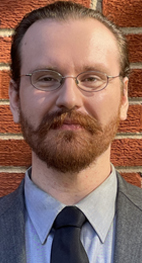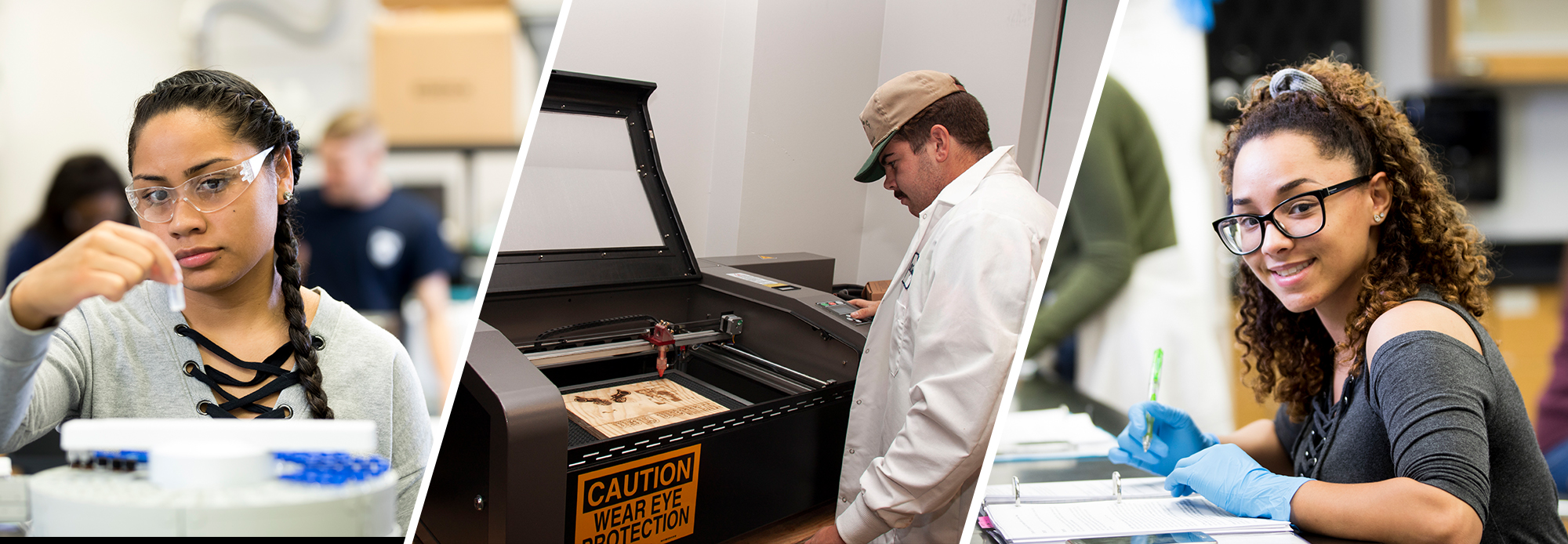
Andrew Finley
Hometown
Duncan, OK
Graduation Date
CU 2016, OU 2019
Major/Discipline
Civil Engineering
Current Employer/Location
ODOT/Duncan, OK
CU: What did your job process look like after school? Was it rather difficult to find one?
Andrew: OU is great about college specific job fairs. For example, there are at least two engineering specific job fairs a year where different companies in Oklahoma, surrounding states, and across the country come to recruit students. I also created a list of all the engineering and engineering related companies in the Oklahoma City/Metro area and began researching them and applying.I interviewed with several companies at the job fair I attended and received many calls back for additional interviews. I received many offers, but chose to work for ODOT under an engineer I had interned with previously.
CU: Do you think school prepared you for your first job, or was it more "on the job" training?
Andrew: In my experience, school prepared me for design and analysis where my current job does neither and I had to learn through on the job experience. However, many of my classmates I graduated with went on to actual design and analysis jobs, so it really depends on the job you choose. While I finished my degree at OU, I worked for CEC, a civil engineering design company, and they were heavily focused on design and analysis, while my current job is much more focused on the economics of engineering.
All of that said, every division/department/hiring manager I have ever spoken to has told me that they prefer to hire engineers with experience as opposed to strictly education. So interning or working in any related position is much more beneficial than strictly focusing on field relevant courses.
CU: What advice would you give to current students?
Andrew: Don't hyper focus on class performance. If you are confident in your understanding of the material but are a bad test taker, accommodations can be made. In real practice, you will never have 1 hour deadlines and it is much more important to know where and how to look up information than it is to have things memorized. Your office will typically have those resources available to you to draw upon whenever necessary.
Don't stress about knowing everything and knowing it perfectly. Outside of academics, most careers are specialized and do one thing and do it well. Modern technology has also made analog calculations almost entirely redundant, so if you struggle with triple integrals or electromagnetism, don't worry, as most likely you will never see those things again. If you do, being able to use the design software to calculate it will be far more useful than being able to do it all on paper.
Meet with your professors and classmates and ask for help. Provide help for others when able to. Demonstrating to those around you that you are actively engaged in your material, whether you are having difficulty or you are helping others, makes people much more interested in working with you in the future. It also reinforces the material in your memory so it is more easily understood and referenced for whenever you may need it.
Take care of yourself. It is too easy to neglect both physical and self care in demanding education and career fields. You and your time are non-renewable resources and have to be treated as such. Your health and how you treat yourself will stay with you long after your time in school, so you should care for yourself as well as you can.

